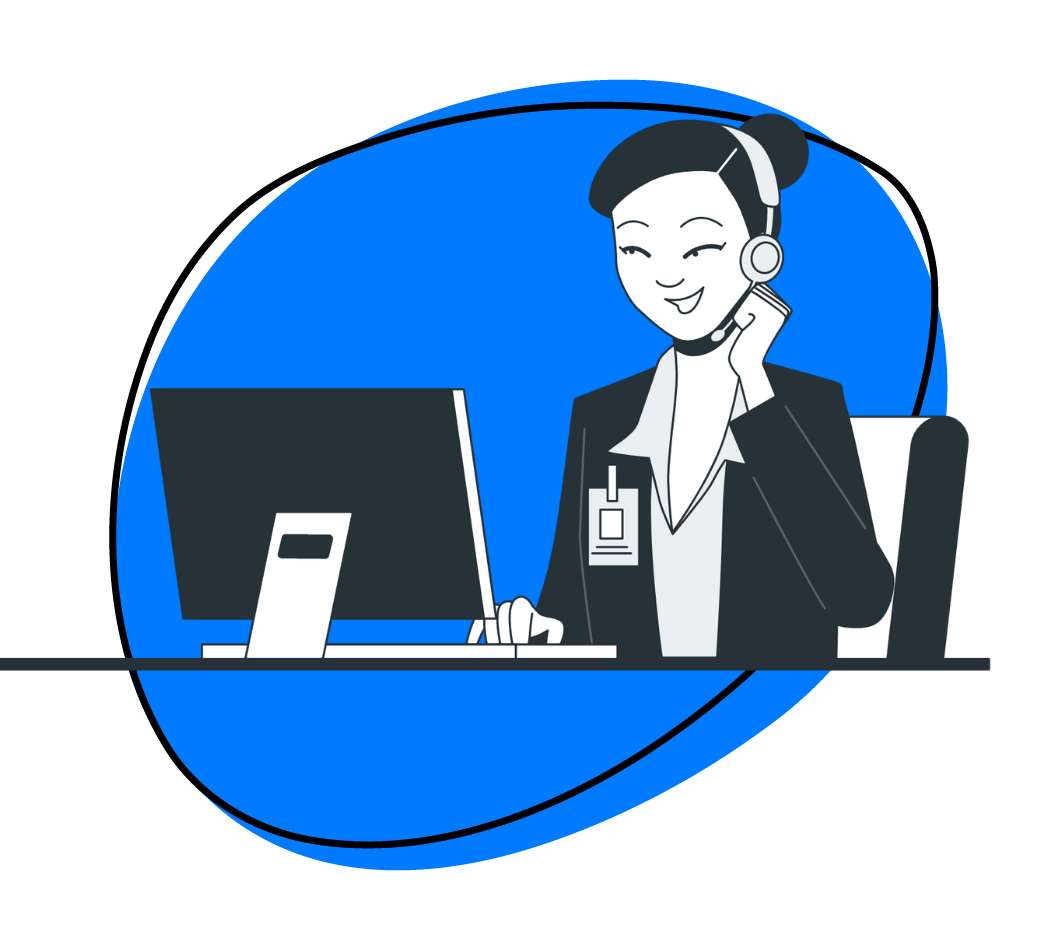A CS Ops Specialist is a customer success role. Their duties include coaching or training customer service representatives to provide excellent customer support or improve customer experience. Other responsibilities include tracking customer satisfaction metrics and compiling reports to help your company determine what practices and strategies are most effective. Qualifications for becoming a CS Ops Specialist include a bachelor’s degree in business administration, human resources, or any related field. However, some employers may hire applicants with experience with human resources management systems, project management experience, and customer support skills.
What is the Job of a CS Ops Specialist?
Jay Nathan notes that it “… isn’t technical support. It’s about ensuring each customer gets a business result they can see and feel, and having a strong connection to the market.”
CS Operations Specialists work closely with the customer success operations team, which is a business-critical team. They work closely with the Chief Customer Officer to execute solutions that predict and prescribe solutions across the customer success function to reduce customer churn rate, drive new accounting rate of return (ARR) methods, and improve overall efficiency. A CS Ops Specialist also works cross-departmentally and with stakeholders within the customer success team to collect requirements, define solutions, and implement new strategies to mitigate bottlenecks and improve the company’s efficiency and visibility.
Other duties of a CS Ops Specialist include:
- Define and execute new processes, such as automation, that improve customer onboarding experiences.
- Help in implementation, project management, and maintenance of new and existing customer success tools.
- Work closely with the Global Customer Success Ops Manager to define and lead new initiatives to automate your upsell and cross-sell processes for your online customer segments.
- Evaluate client health and work with the Global CS Ops Manager to create strategies that identify at-risk customers across various touchpoints and proactively reduce that risk.
- Track and help improve your customer lifecycle management by defining new audience segments and the touchpoints to serve those segments.
- Work closely with the Global CS Ops Manager to develop best practice guides for specific stages or events in a client’s lifecycle.
- Provide sales support and execute new business growth strategies.
- Develop and update customer portfolios.
- Improve and sustain company growth.
- Use data collection and analysis tools to improve the customer experience.
How Can a CS Ops Specialist Help My Business?
A recent article by Gainsight called “The Who, What and When for CS Operations Success” shows that CS Ops govern six crucial components in most businesses, including:
- Reporting: The reporting or monitoring of progress and pertinent metrics is tailored to various stakeholders or personas. For example, a CS Ops Specialist creates an optimal dashboard of reports from individual customer success managers and the portfolio accounts they manage. Also, they ensure that the right tasks are being performed while helping company executives develop reports and prepare for meetings with customer stakeholders or internal leadership. This improves efficiency across the company, ultimately enhancing customer experiences.
- Data: CS Ops Specialists interpret, analyze, and implement the aggregated data from a company’s technology and other customer success tools. It’s not enough to collect information from various data points. All information must be incorporated into processes; this is where CS Ops Specialists come in handy.
- Systems: Customer Success Operations Specialists monitor internal systems operating within a business. These include CRMs and CS platforms. Systems inspection allows for proper data analysis. Also, they pinpoint the exact metrics and help set up meaningful criteria to help your customers and business succeed.
- Strategy: Aligning a CS Ops Specialist with the CS leadership helps perfect the customer success strategy. However, the CS strategy must always focus on the goals of your business and customers. CS strategy includes capacity planning, segmentation, and balancing assignments to CRMs based on audience segments.
- Process: Just like your strategy, your processes are powered by your systems. Leveraging data enables you to identify the touchpoints each customer needs or should be given.
- Content: Data enables CS Ops Specialists to determine where your CRMs and customers are experiencing problems. With this knowledge, they can be more tailored or surgical to create messages or information best suited for different customer segments and at the right time. Often, customers are receptive to messages at the time of need. Therefore, CS Ops Specialists can help you deliver the right message at the right time for customers, improving customer satisfaction and retention rates.
CS Ops Specialists add so much value to your business by managing your systems, processes, and infrastructure. Essentially, they offer you an unabated opportunity to scale your business and generate more revenue.
How Can I Elevate My Approach to CS?
A solid CS strategy can help any brand reduce customer churn rates and increase recurring revenue. Companies can create solid CS strategies that deliver better customer experiences, boost product adoption, and improve internal communications by offering in-app onboarding. Your customers probably want to use your service or product immediately, which means you can enhance their experience and chance of succeeding by guiding them to get set up and engaged right away. This can increase perceived value and the likelihood of current customers becoming repeat customers.
You can also elevate your customer success approach by providing better customer support. As customers use your products or services, most probably, they’ll have questions. Your customer support team must be readily available to answer those questions and help clients get “unstuck.” You should leverage proactive support, such as chatbots, reactive customer support, such as email tickets, and self-service support, such as knowledge base articles. To scale your customer success approach, you must strive to offer a mix of all three customer support types to ensure your customers get their questions answered swiftly.
Typically, businesses can mitigate 67% of customer churn if their customer support teams resolve or fulfill customer needs during the first interaction. Customer success is about delivering great customer experiences and helping customers derive value from your product or service as soon as possible. Often, your customers will need some type of customer support along the customer journey.
Further, personalization is the foundation of any solid customer success approach. Today’s customers look for businesses that they feel listen, understand, and pay attention to their specific goals and needs. A 2018 survey by Accenture reports that 91% of customers are more likely to buy from businesses that recognize, remember, and offer them relevant recommendations and offers. Therefore, the first step in delivering a personalized experience is understanding the customer’s needs and goals.
What do your customers need to achieve to derive value from what you’re offering? Whether in the onboarding or upsell stage, every client interaction must focus on your customers’ desired end goal.
Also, you can elevate your CS approach by tracking customer engagement. The customer journey doesn’t end after signing a contract or purchasing a product. So you need to track customer engagement metrics regularly. Monitor customer support tickets, onboarding steps completed, the number of logins, and other activities to ensure your customers are still engaging with your service or product. After all, customers who aren’t engaged with your product or service will see no value from it.
Leverage Zight (formerly CloudApp) to Elevate Your Customer Success Approach
Zight (formerly CloudApp) is a revolutionary customer support tool that can help you deliver a better customer experience and improve customer satisfaction. For instance, Gainsight saves $10,000 annually by leveraging Zight (formerly CloudApp) to offer better customer experiences. Gainsight’s customer support team uses annotated screenshots and videos to respond to customer questions. By leveraging Zight (formerly CloudApp), the team takes 2 to 3 typed customer interactions and combines them into one video or GIF. This eliminates the need for customer support agents to type out lengthy responses. By leveraging Zight (formerly CloudApp), Gainsight also saves over 40 hours per month, allowing their customer support team to focus on more critical tasks.












